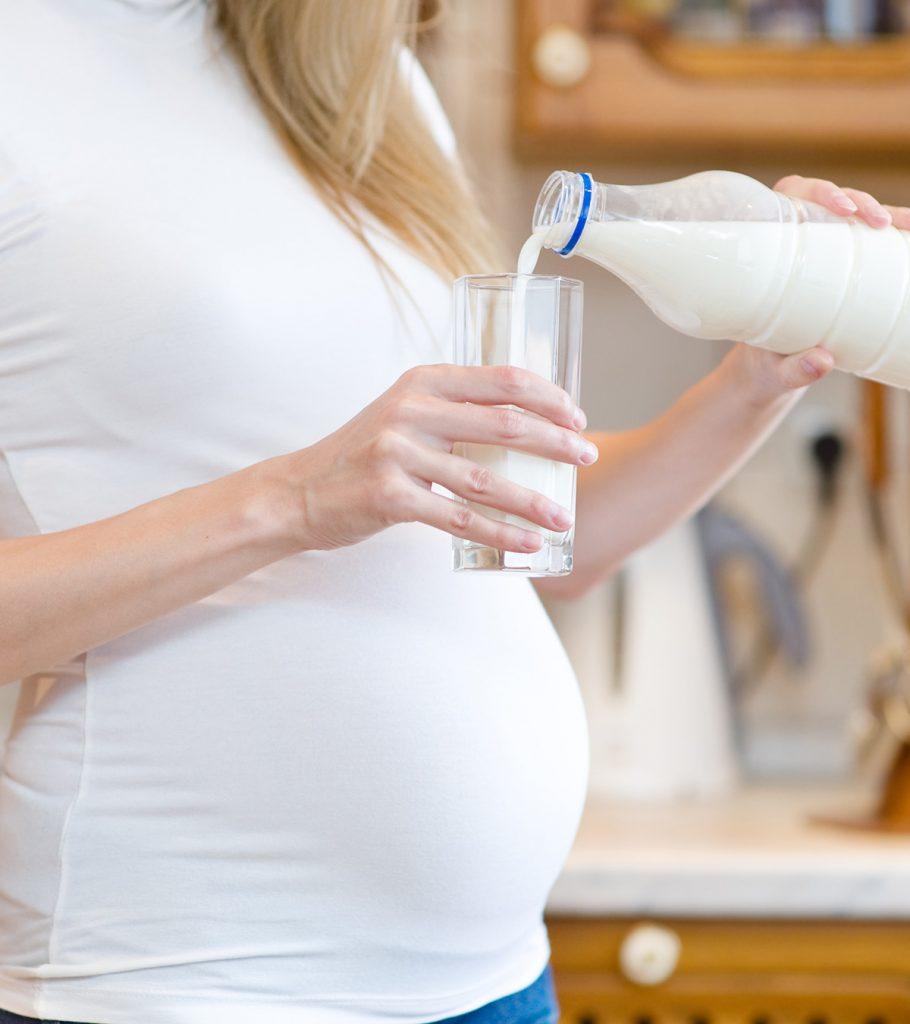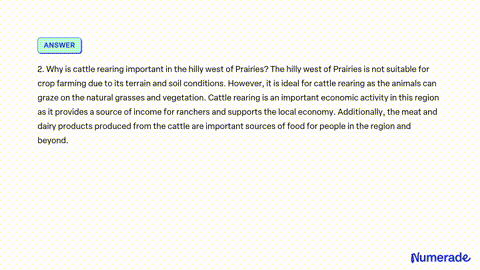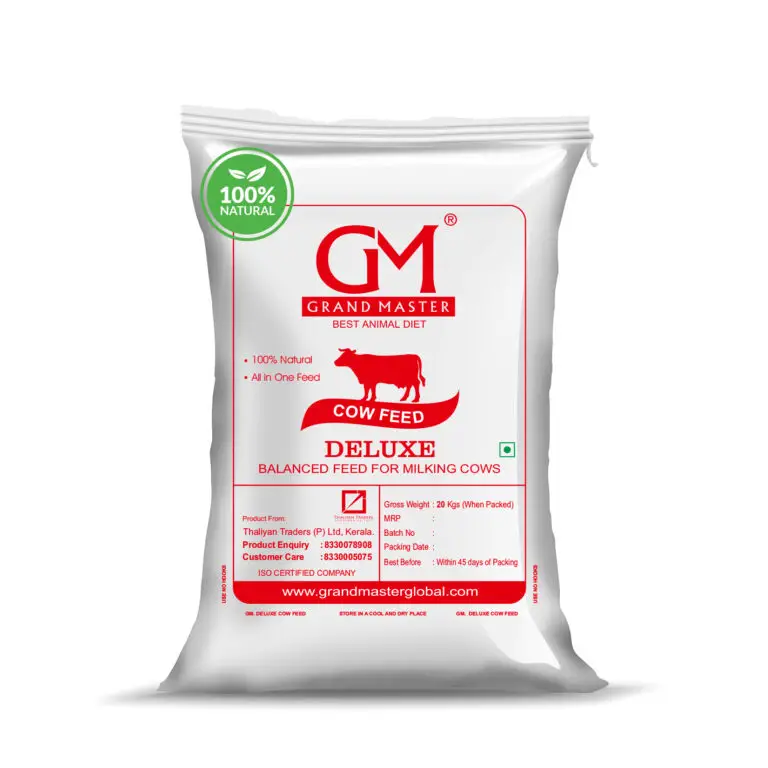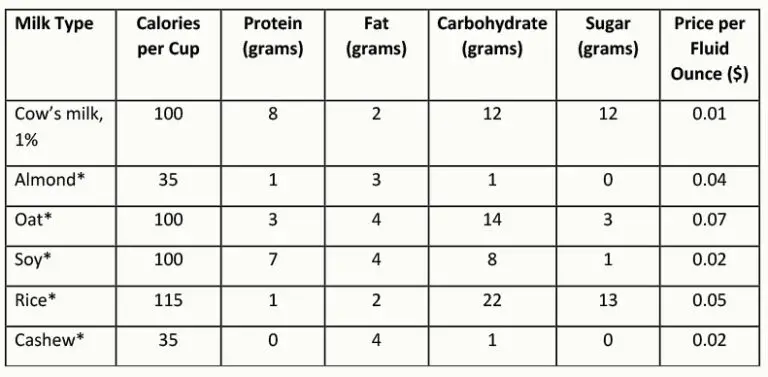Is It Safe to Drink Cow Milk During Pregnancy: What You Need to Know

During pregnancy, it is safe to drink pasteurized or UHT cow milk to prevent food poisoning. Avoid unpasteurized or raw milk to lower the risk of bacterial infections.
Pregnancy is a crucial time when maintaining a healthy diet is essential for both the mother and the baby’s well-being. One common query that often arises is about the safety of consuming cow milk during pregnancy. Cow milk is a rich source of calcium and protein, which are vital nutrients for fetal development and the mother’s health during this period.
However, there are concerns about the potential risks associated with certain types of milk, such as unpasteurized or raw milk. Understanding the benefits and risks of drinking cow milk during pregnancy can help expectant mothers make informed decisions to ensure a safe and healthy pregnancy journey.

Credit: www.momjunction.com
Benefits Of Drinking Cow Milk
Benefits of Drinking Cow Milk: Cow milk is a valuable source of nutrients essential during pregnancy. It provides a significant amount of calcium, which is vital for bone and teeth development, and protein necessary for muscle and tissue growth.
Nutritional Value: Cow milk is rich in calcium, supporting the development of the baby’s skeletal system and preventing bone density loss in the mother. Additionally, it offers protein, aiding in muscle and organ development in the fetus.
Calcium and Protein Intake: Drinking cow milk helps in meeting the increased calcium and protein requirements during pregnancy, contributing to the overall health of both the mother and the baby.

Credit: www.babycenter.com
Risks Of Consuming Cow Milk
During pregnancy, it is crucial to consume pasteurized or UHT milk to prevent Listeria bacteria contamination, which can lead to listeriosis and have adverse impacts on fetal growth. Unpasteurized or raw milk and soft ripened dairy products should be avoided due to the risk of Listeria bacteria. Additionally, non-fat or low-fat milk are healthier choices as they contain lower amounts of saturated fat, which is beneficial for pregnant women. It is essential to ensure an adequate intake of calcium-rich foods to support the baby’s bone growth. Obstetricians and general practitioners often recommend milk consumption during pregnancy for its valuable proteins and calcium. Cow’s milk is generally considered the healthiest option due to its broad nutritional profile.
Best Practices
During pregnancy, it is essential to choose pasteurized milk to ensure the safety of consumption. Pasteurization eliminates harmful bacteria, making the milk safe for pregnant women. It is also important to maintain balanced milk consumption, opting for non-fat or low-fat milk for healthier choices. Consuming enough calcium-rich foods is crucial to prevent calcium loss from the mother’s bones. Experts recommend cow’s milk as the healthiest option due to its nutritional profile. Milk consumption during pregnancy is advised by obstetricians and general practitioners for its valuable nutrients such as proteins and calcium, essential for bone growth.
Alternatives To Cow Milk
Sure, I understand your requirements. Here is the response in HTML format:During pregnancy, it is important to consider alternatives to cow milk. Soy milk is a popular choice as it is a good source of protein and contains essential nutrients such as calcium and vitamin D. Almond milk is another alternative that is low in calories and can be fortified with additional nutrients. Both options can be safe to consume during pregnancy, but it is important to check the labels for added sugars and other additives. It is advisable to consult with a healthcare professional to determine the best option based on individual dietary needs and preferences.
Expert Recommendations
During pregnancy, it is safe to drink pasteurized or UHT cow’s milk to prevent food poisoning risks. Experts recommend avoiding unpasteurized or raw milk due to potential bacteria contamination, which can lead to complications like listeriosis. Opt for safer dairy options for a healthy pregnancy.
| Expert Recommendations: |
| Healthcare Professionals’ Advice: |
| Studies on Milk Consumption: |
Myths And Facts
Is It Safe to Drink Cow Milk During Pregnancy – During pregnancy, it is important to consider the safety of consuming cow milk. It is recommended to only drink pasteurized or ultra-heat treated milks, which have been heat-treated to eliminate bacteria and prevent food poisoning. While most milk sold in stores is pasteurized, there is still a risk of unpasteurized or “raw” milk being available from certain sources. Unpasteurized dairy products may contain Listeria bacteria, posing a risk of listeriosis, which can lead to severe complications during pregnancy. Additionally, consuming non-fat or low-fat milk is advised, as they are healthier choices and provide essential nutrients without excessive saturated fat content. It is crucial to prioritize the safety and nutritional value of milk consumption during pregnancy to ensure the well-being of both the mother and the baby.

Credit: parenting.firstcry.com
Frequently Asked Questions
Can You Drink Cow’s Milk When Pregnant?
It is safe to drink pasteurized or ultra-heat treated (UHT) cow’s milk during pregnancy. These types of milk have been heat-treated to kill bacteria and prevent food poisoning. However, it is important to avoid unpasteurized or “raw” milk as it may contain harmful bacteria that can cause listeriosis and lead to miscarriage or stillbirth.
Non-fat or low-fat milk are healthier choices as they contain less saturated fat. It is recommended to consume milk as a nutrient enriched in valuable proteins and calcium for bone growth during pregnancy.
What Type Of Milk Should Be Avoided During Pregnancy?
During pregnancy, avoid unpasteurized or “raw” milk to prevent listeriosis, which can harm the baby.
Which Milk Is Best For Pregnancy?
For pregnancy, opt for pasteurized or UHT milk to prevent food poisoning risks. Non-fat or low-fat milk is ideal for pregnant women due to lower saturated fat content. Cow’s milk is recommended for its rich nutritional profile during pregnancy.
What Is The Best Time To Drink Milk During Pregnancy?
During pregnancy, it is best to drink pasteurised or ultra-heat treated (UHT) milk to prevent food poisoning. Avoid unpasteurised or raw milk as it may contain harmful bacteria. Non-fat or low-fat milk is a healthier choice than whole milk as it is lower in saturated fat.
Milk is a good source of protein and calcium which is important for bone growth.
Conclusion
Overall, drinking cow milk during pregnancy can be safe as long as it is pasteurized or ultra-heat treated. It is important to avoid unpasteurized or raw milk and soft ripened dairy products to prevent the risk of food poisoning and listeriosis.
Non-fat or low-fat milk are healthier choices as they contain lower amounts of saturated fat. It is recommended to consume milk as a source of valuable proteins and calcium for bone growth. Always consult with a healthcare provider for personalized advice on the best diet during pregnancy.
Also Worth Reading:
- Is It Safe to Mix Cow’S Milk With Formula: Expert Tips
- Best Cattle Feed : Top Picks for Healthy Cows
- Best Way to Load Cattle in a Stock Trailer: Expert Tips
- Cattle Problem in Australia: Urgent Solutions
- Discover the Ultimate Best Cattle Feed Formula
- How are Farm Cows Killed : Unveiling the Slaughter Process
- How Do Cows Know Not to Cross Cattle Guards : The Surprising Science
- How Do You Connect Cattle Panels Together: Expert Tips
- How Do You Know If Baby Has Cows Milk Intolerance: Symptoms and Diagnosis.
- How Do You Know If Cows are Pregnant : A Comprehensive Guide



